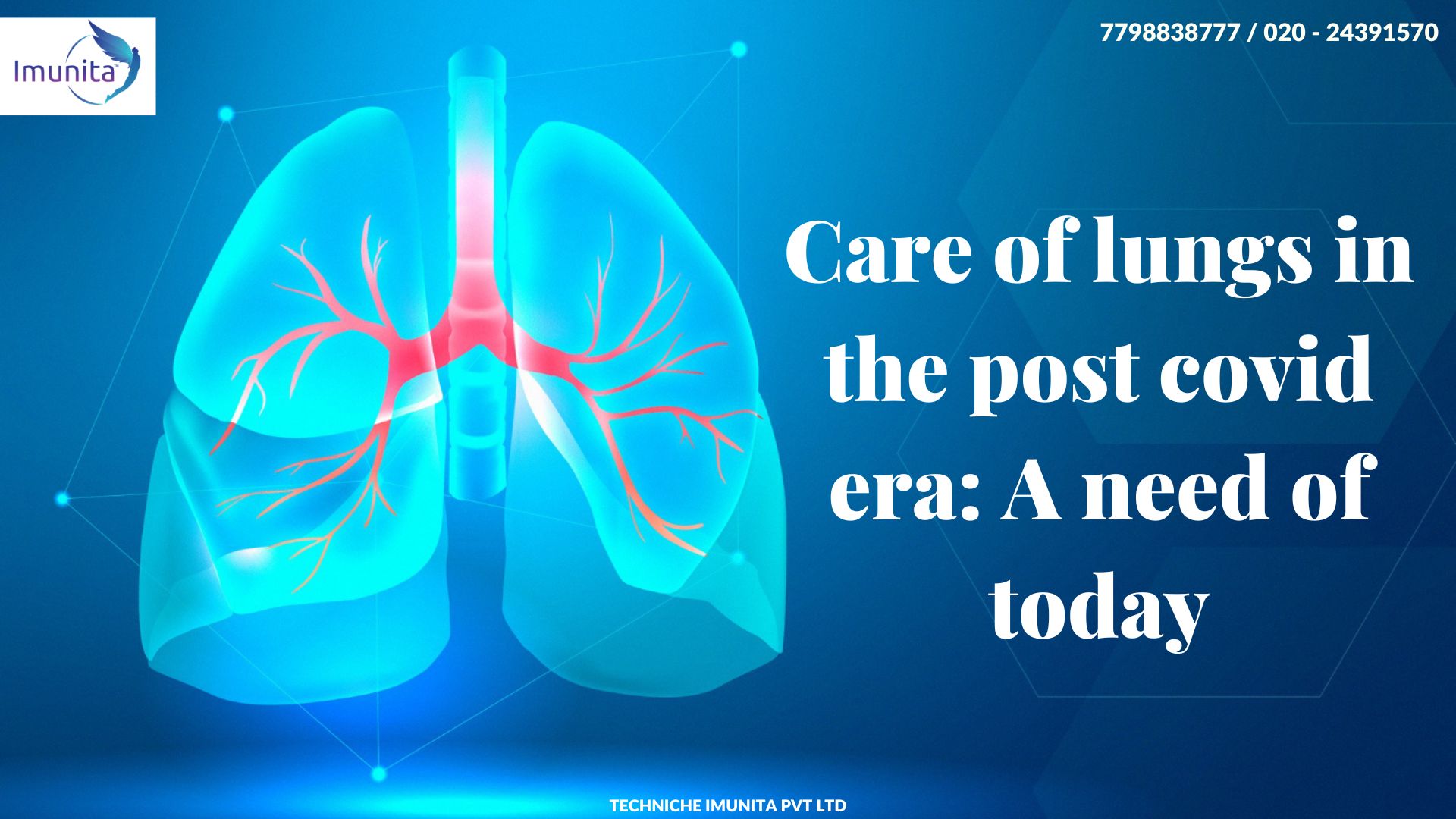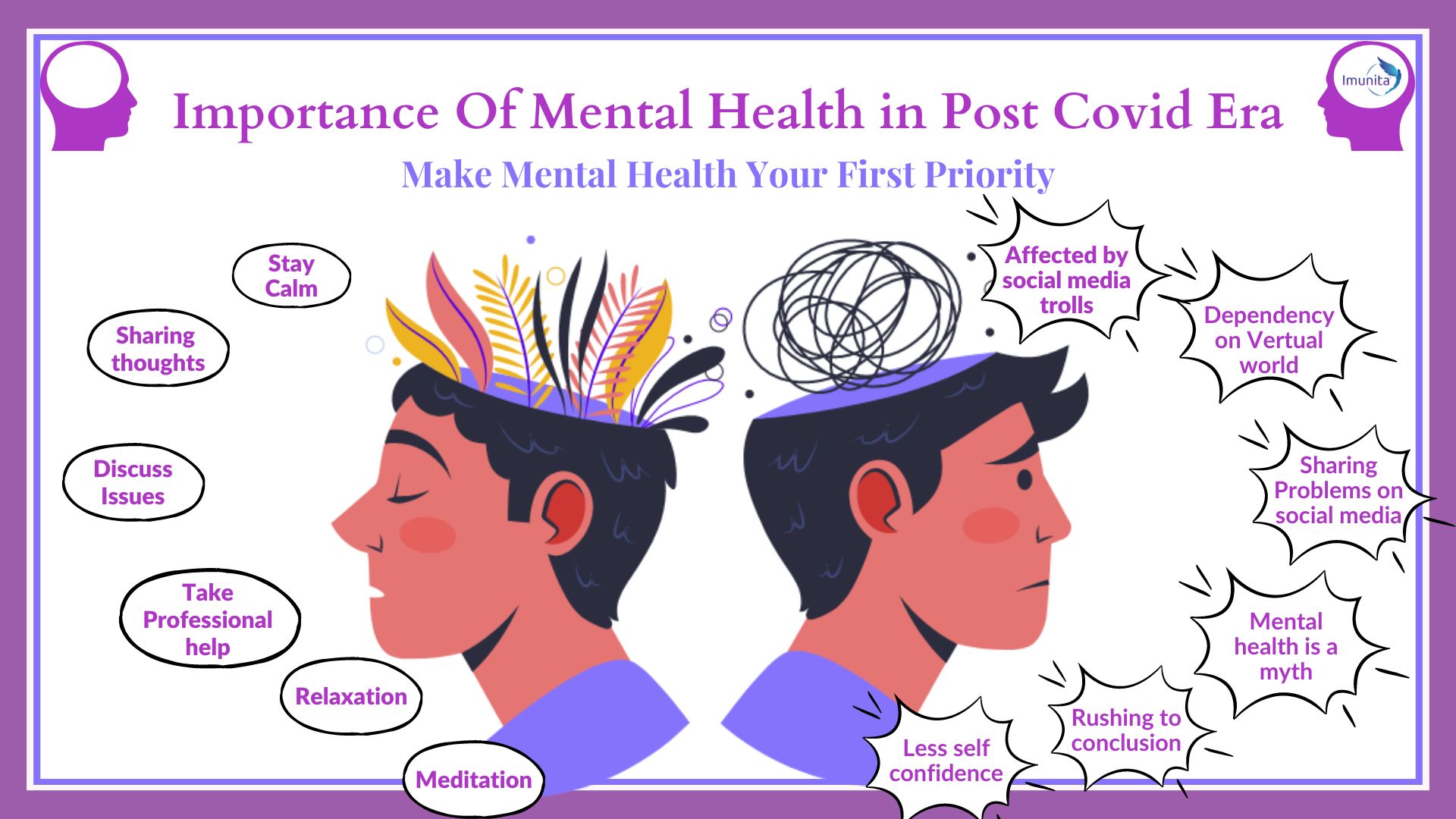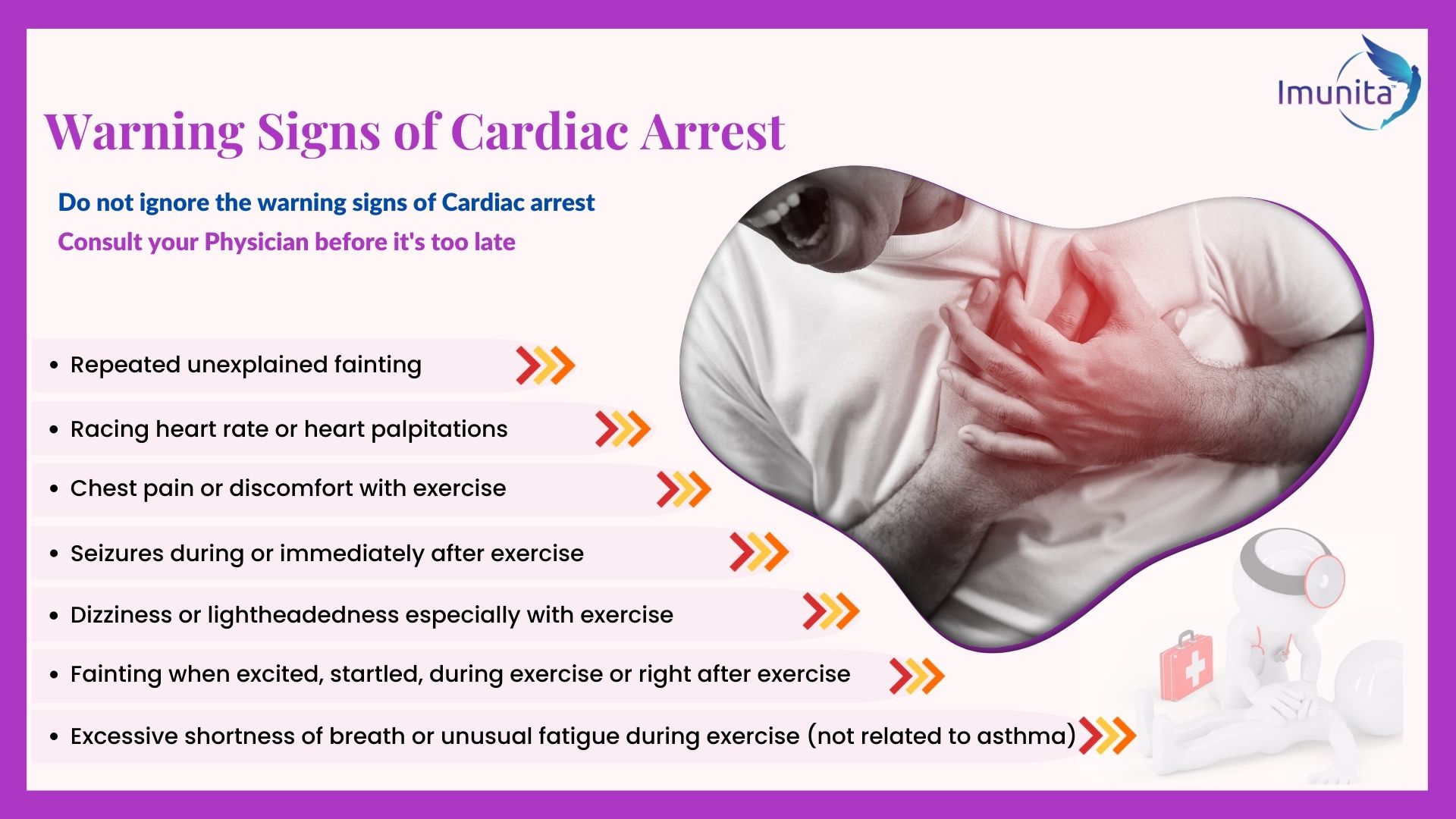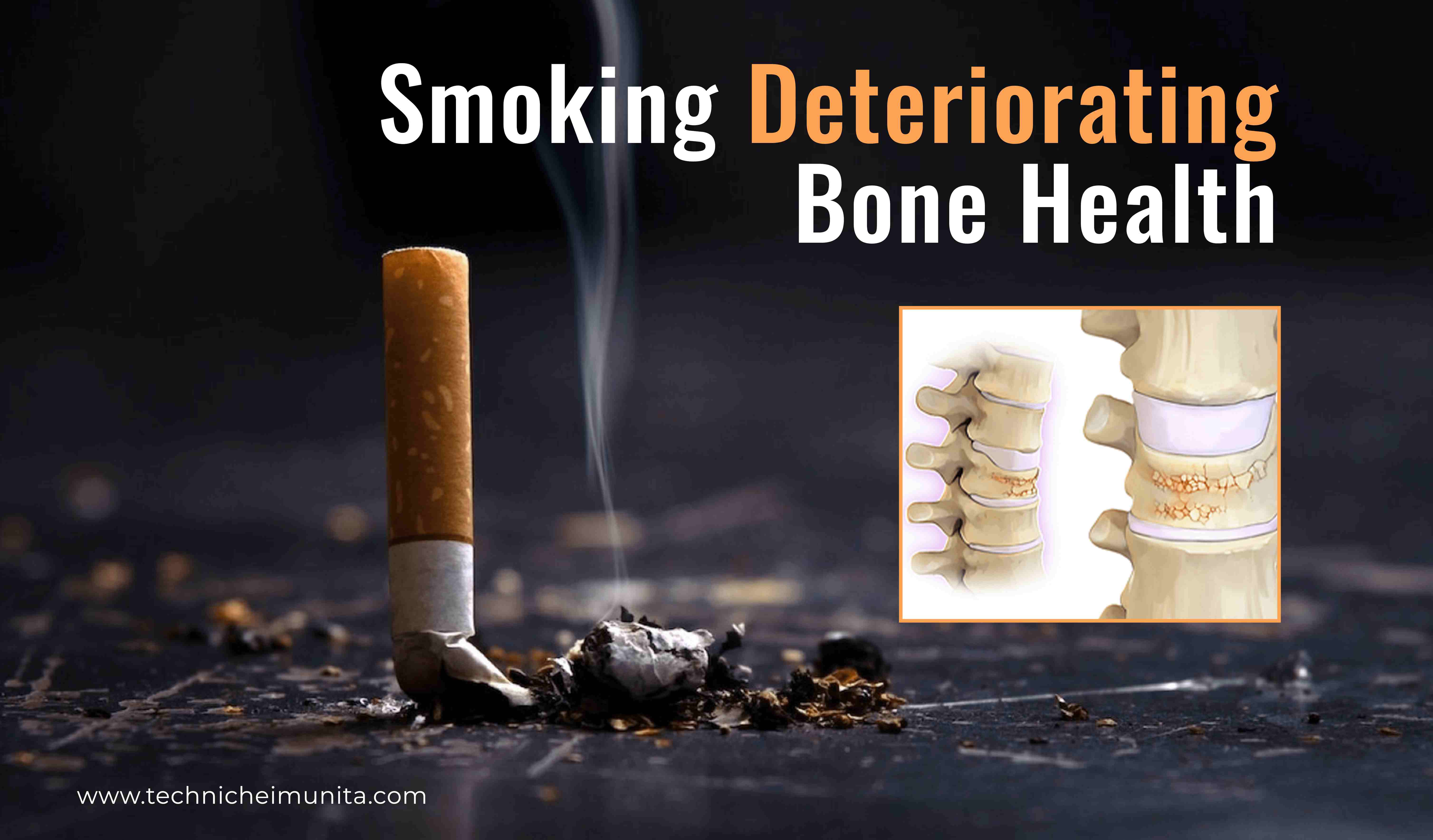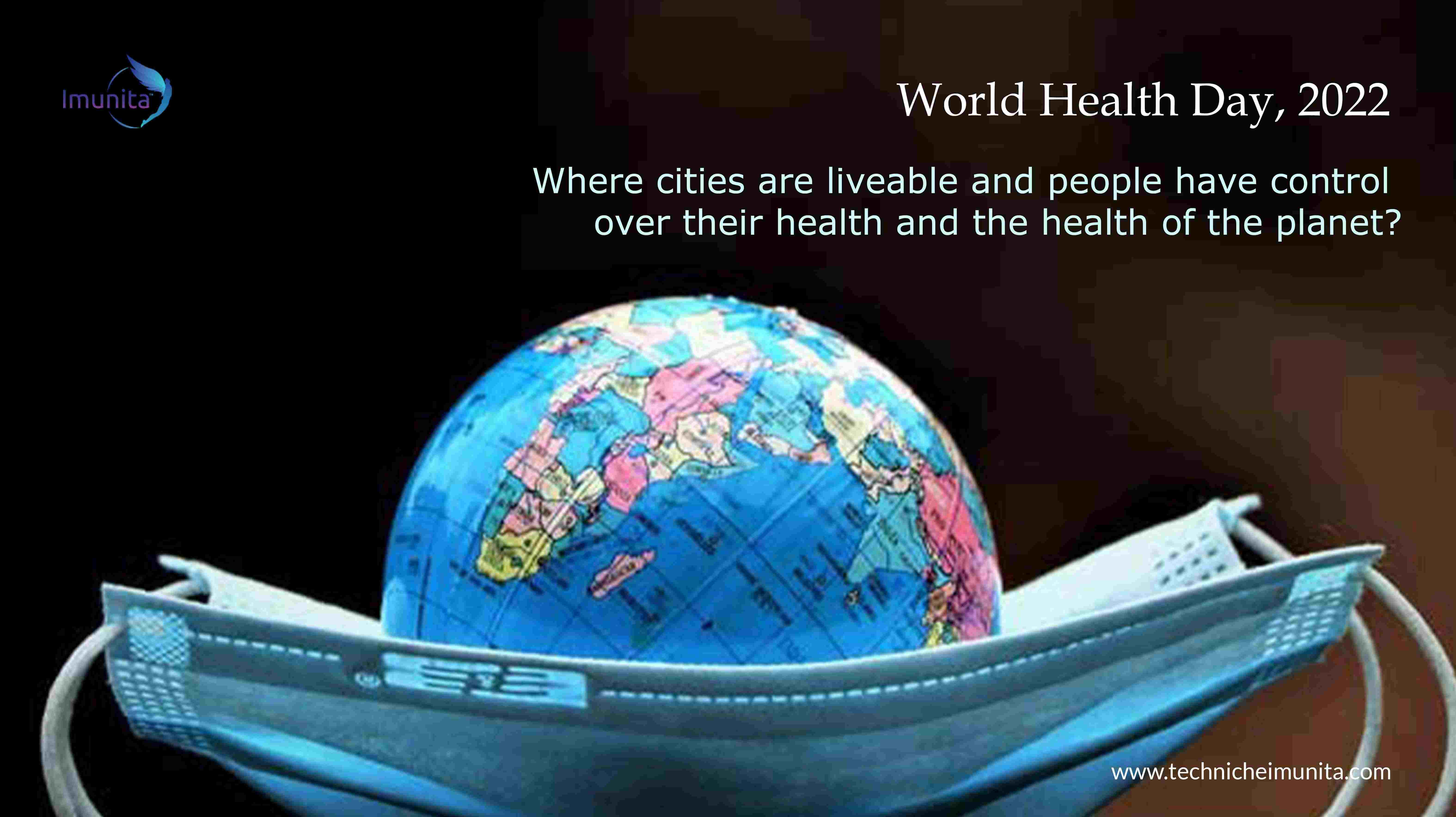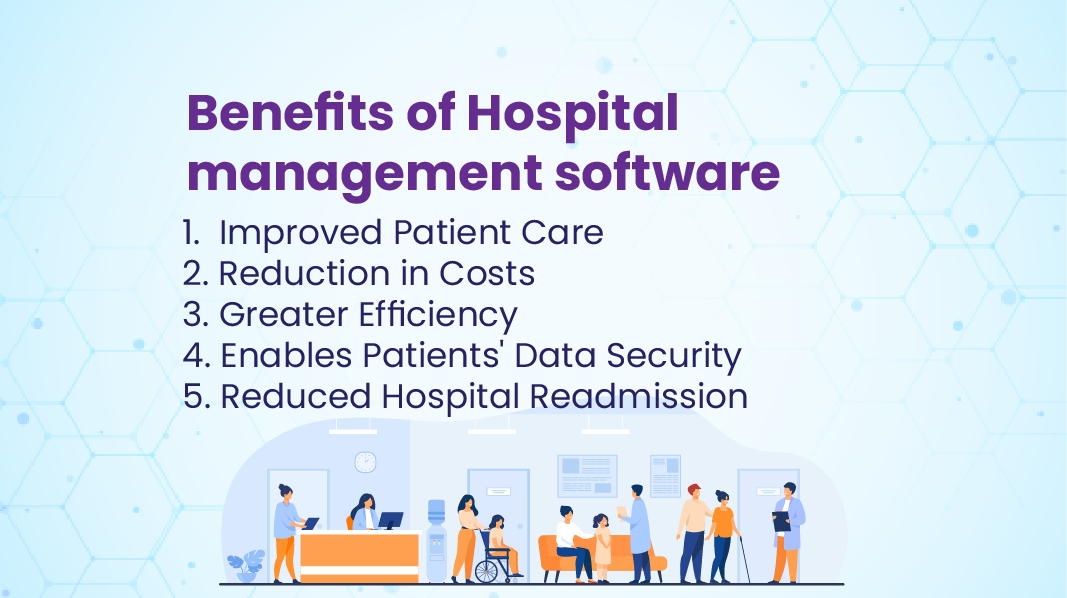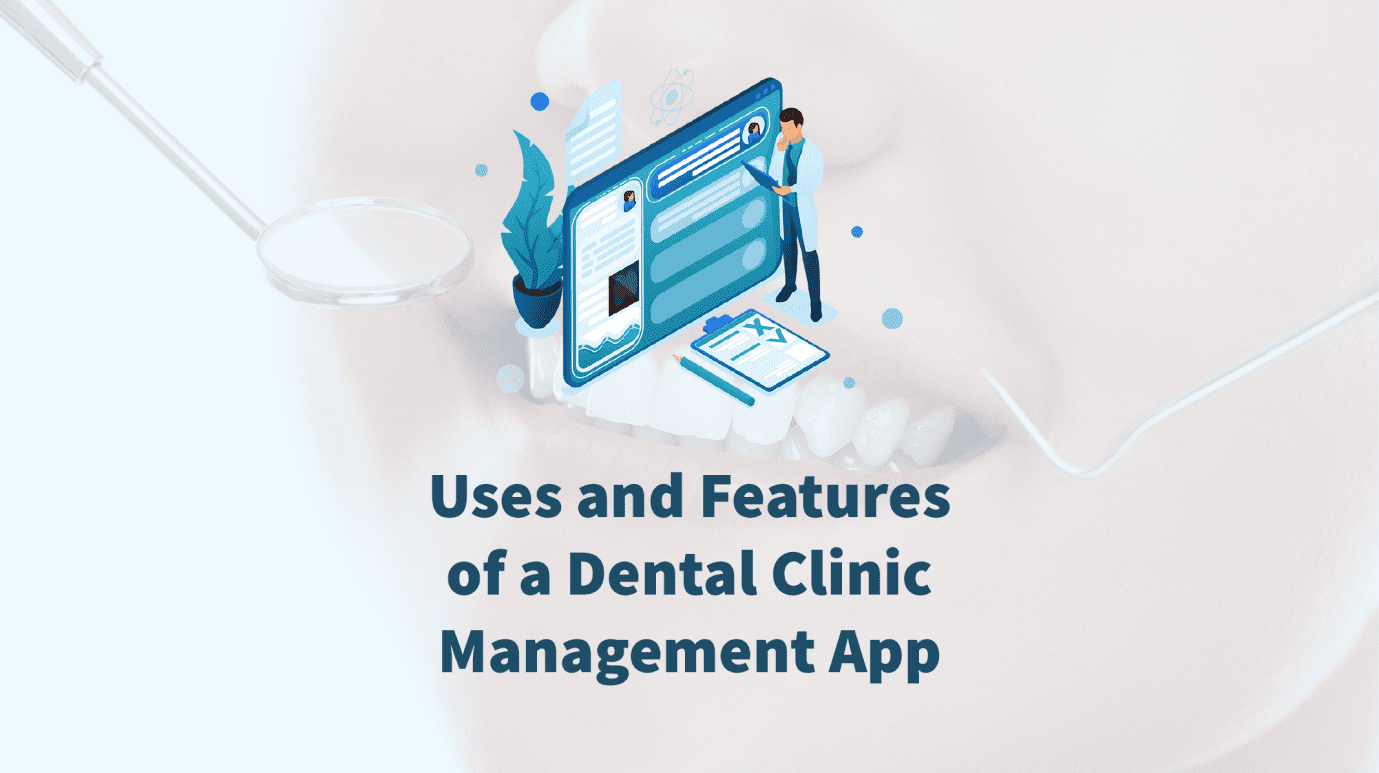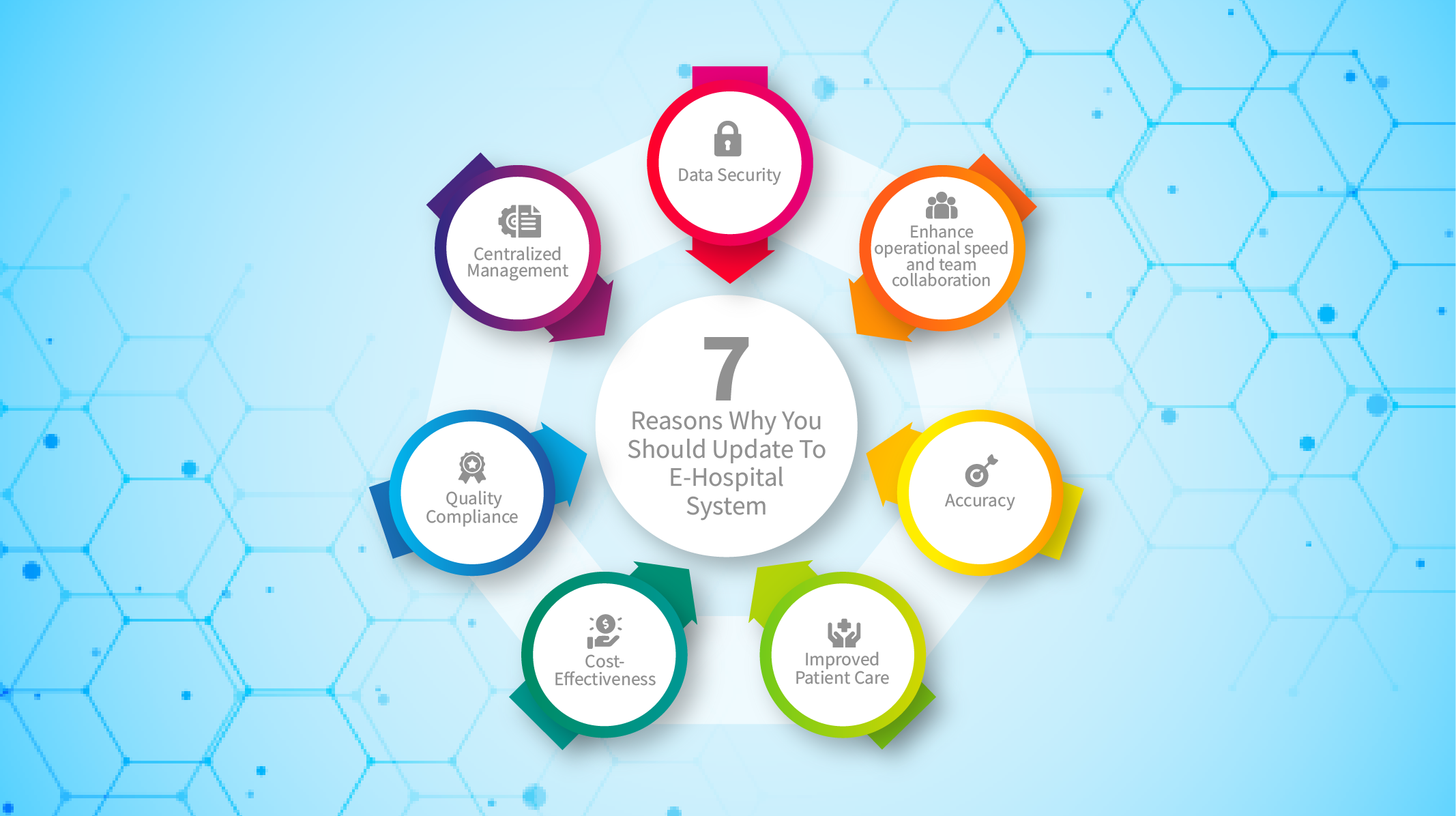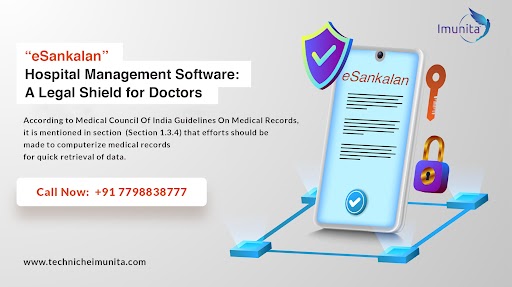A usual day in lockdown starts with newspaper headline stating the rising covid cases. Amidst this news other news strikes is of fire in hospital, bursting of oxygen cylinder or patients dying because of lack of oxygen, medicines or lack of beds. Repeated case of double disasters and fires are shocking. Is it not mandatory for government, private or makeshift COVID hospitals to have fire audit in place? Are the new facilities permitted without issuing safety guidelines and sanctions? It is unfair to stake lives of patients even in crisis situations by bypassing the fire and electric audits.
The COVID 19 pandemic in India is witnessing a surge in number of patients. In this second wave of pandemic double mutant strain of the virus is circulating. The symptoms of mutant virus strain infection are new with diarrhoea, rash, conjunctivitis etc alongwith the earlier symptoms of cough, fever, headache, loss of smell and taste.
In this second wave of infection the rate of infection has increased. Also, varied age groups are prone for complications. The availability of testing facilities at affordable price can be cited as one of the reason for increased cases. The fatalities have increased which has heavily stressed the medical infrastructure even in the progressive states of Maharashtra and cities like Pune and Mumbai. Lack of beds in hospital with oxygen and ventilator facility is the talk of town. Severe shortage of certain medicines which are widely prescribed by all the physicians which are yet to cross the safety trials is another news doing the rounds on all media platforms. The news of disasters in such chaos arises every now and then. Almost every day an incident of fire or disaster is reported in hospital or medical facility set ups.
Considering the entire pandemic scenario we have failed to learn, implement and strategize the resources, facilities and infrastructure. In November- December 2021 when the COVID cases had dropped drastically we became even more negligent towards strengthening
the medical infrastructure which is the reason for our vulnerability today. In the month of January 2021 due to lack of COVID cases the jumbo hospital in Pune which had the capacity to admit 1000 patient was shut down
and terminated the contract with the doctors and nurses employed. After nearly 2 months the facility had to restart with again engaging doctors and nurses. The thought of second wave after January never crossed the
civic administration and the emergency facility was shut down without a second thought. 
We need to accept that such waves and pandemics would become a part of our lives. Therefore, we must be equipped to overcome this crisis by preparing for the worst case scenarios. Disaster management should not be focussed only after the event occurs but it should foresee the disaster and prepare plans to execute in the tough times. With the number of COVID facilities rising the non covid hospitals can be turned into COVID hospitals partly or as per the need. Even makeshift hospital with fire and disaster safety can be built to cater the unavailability of beds.
Conversion of normal hospital to COVID hospitals would require few changes which are eminent for communicable diseases. Maintaining adequate distance between beds as per the guidelines issued by the government for COVID hospitals would be required. The guidelines for the medical staff safety like wearing PPE kits, gloves and the duration of duty is prescribed. The staff required for such hospitals in more than that required for normal hospitals. Also, after a certain duration the staff is suggested to self isolate for 7-8 days before rejoining after a duty of 7 days.
Another challenge is procuring oxygen supply. An uninterrupted supply of oxygen is required as majority of COVID critical patients require continuous external oxygen. There are many cases where patients have died due to interruption in oxygen supply. Severe medicine shortage of certain drugs is another hurdle the hospitals are facing which must be considered. Other facilities that are required for COVID hospitals are well managed ICU’s.
Maintaining different entry and exit points for fire and disaster safety are vital. A refuge arrangement and rescue operation plan for COVID patient must be prepared. A mock drill or awareness among the medical staff for emergencies is required. As the relatives of COVID patients are not allowed to meet, a proper communication channel regarding the patient health status and improvement must be provided. This might reduce the vandalization of the hospital property and violence against the doctors. Also, a PR section is needed which handles the communication with the media, government officials and normal people.
The most overlooked part in hospitals is data security. Hospitals generate lot of data, be it financial data, treatment data and many confidential documents. There are chances that data can be leaked through a wrong way if not secured. Transaction data leakage due to cyber attacks is increasing day by day as hospitals are not updating as per latest technologies. Healthcare giants in developed nations are facing the challenge of ransom ware cyber attacks due to failure to update.
Definitely such crisis are unprecedented, even the largest economies in the world have fallen apart while managing the crisis. We can fight and overcome in our limited resource condition through proper planning, strategizing and foreseeing the extrapolation of the crisis.









